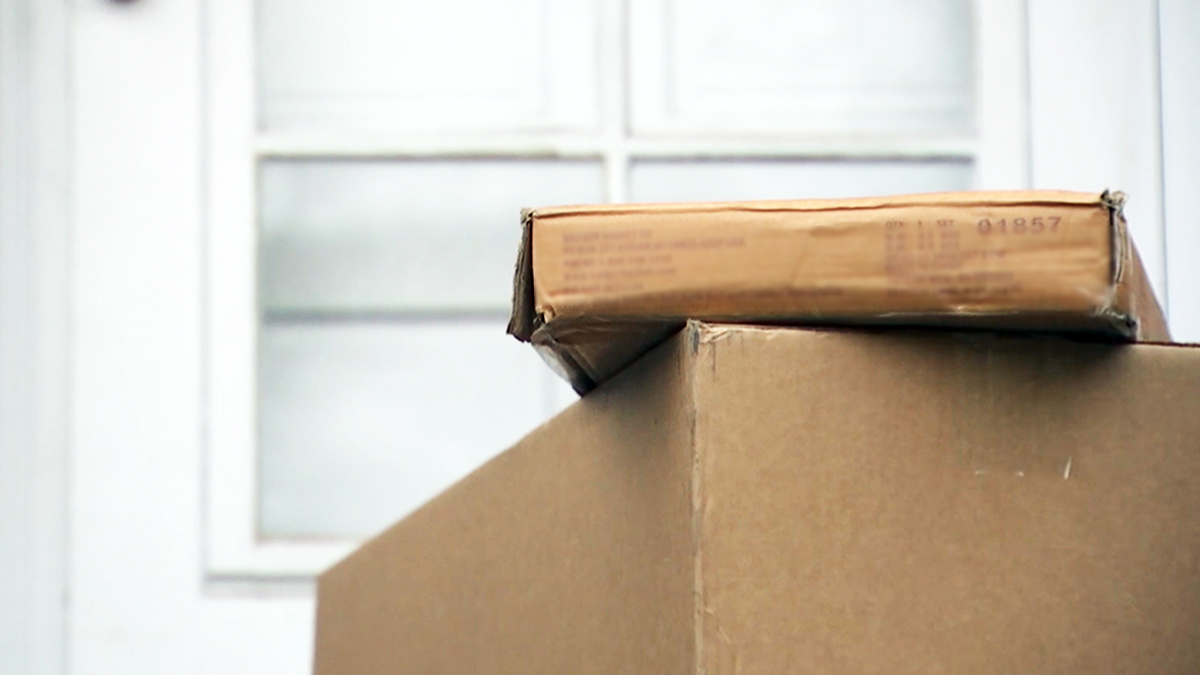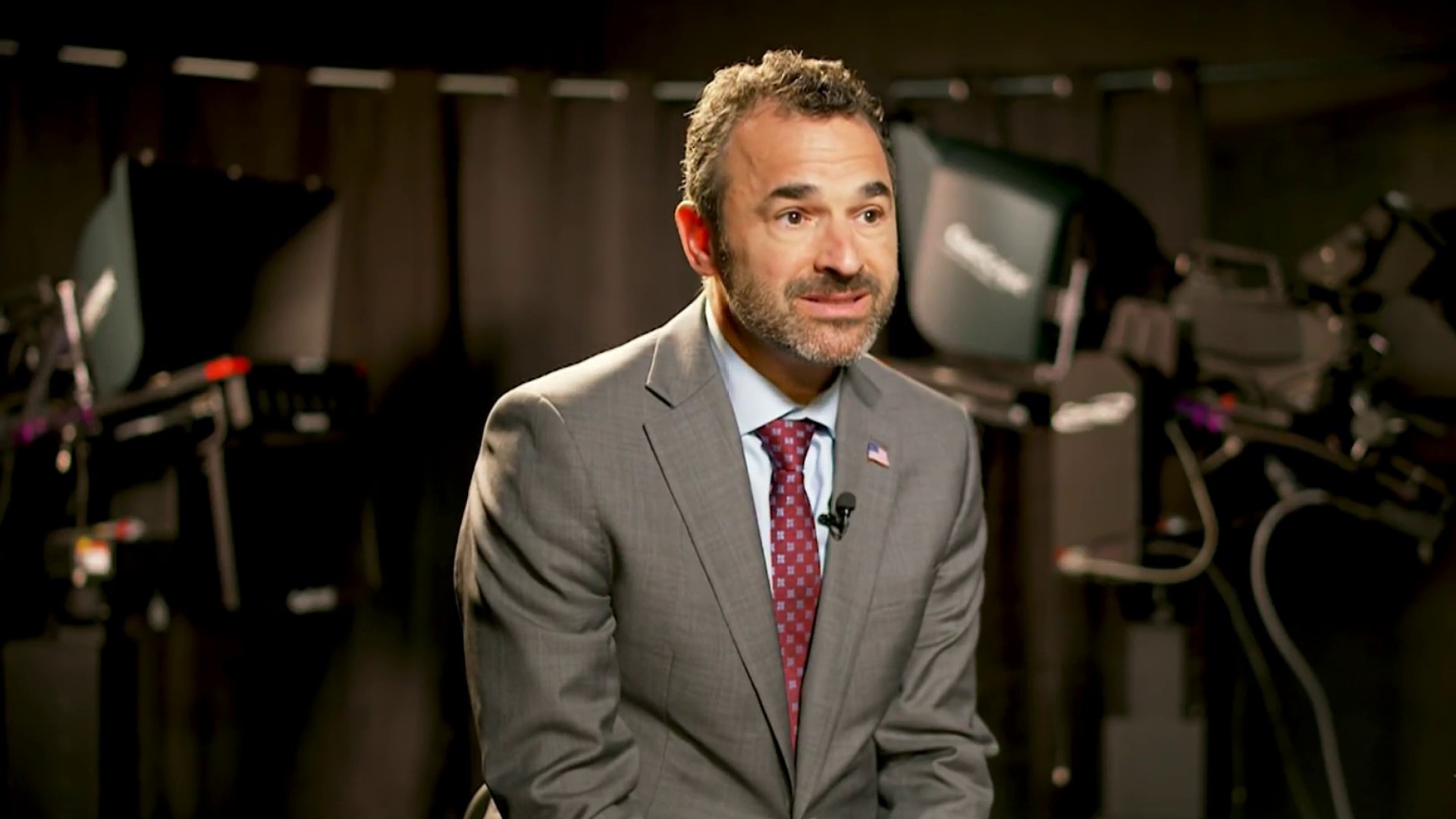Dozens of community members gathered at the Lynnfield Senior Center on Monday to learn more about the silent danger of credit card skimmers. The event was hosted by the Office of Consumer Affairs and Business Regulations.
Skimmers are devices that enable thieves to steal card data and use it for fraudulent transactions. They’re often discovered in everyday places like gas stations, ATMs, and grocery and retail stores. According to the FBI, they cost consumers and banks about $1 billion every year.
WATCH ANYTIME FOR FREE
>Stream NBC10 Boston news for free, 24/7, wherever you are. |
“Education is why we're here, so that they actually are aware of the fraudsters and what they are doing," explained Layla D’Emilia, the undersecretary of the Office of Consumer Affairs and Business Regulation.
The office says the best way to protect yourself at the card reader is to use the ‘Tap to Pay’ option which allows you to avoid inserting your card into the reader.
If you do need to insert your card, make sure to do a physical inspection of the card reader first, and check to see if there are any loose parts or mismatched colors or materials.
Get updates on what's happening in Boston to your inbox. Sign up for our >News Headlines newsletter.
More on protecting yourself from fraud and scams
You should also look for tamper-evident features. Some card readers have tamper-stickers or seals. Check to see if they appear to be broken or tampered with. You can also wiggle the card slot and keypad before you put your card in. Legitimate card readers are usually sturdy - a skimmer might move or feel flimsy.
You may also want to consider getting what’s called a Radio Frequency Identification (RFID) blocking sleeve for your credit or debit card. It’s designed to protect your information from unauthorized scanning or skimming in other scenarios.
“Knowing what to look for doesn’t mean that you shouldn’t use your credit card or your debit card. It’s really just the knowledge of knowing what to look for when you go into a merchant,” D’Emilia said.
Using a credit card provides an additional layer of security and fraud protection that your debit card does not. Consumers should also get into the habit of checking your bank statements daily for any fraudulent activity.
If you notice something is wrong, contact your bank immediately at the number that is on the back of your bank card.
For more information on skimming devices or to report an incident you can visit mass.gov/consumer or call the OCABR Consumer Hotline at 617-973-8787. Consumers can speak with someone from OCABR from 9 a.m. to 4:30 p.m.
For all other consumer questions, you can also reach the Attorney General's Consumer Hotline at 617-727-8400.



